Advertisement
Some Mass. Prisoners Are Being Released In Response To The Coronavirus Outbreak
Resume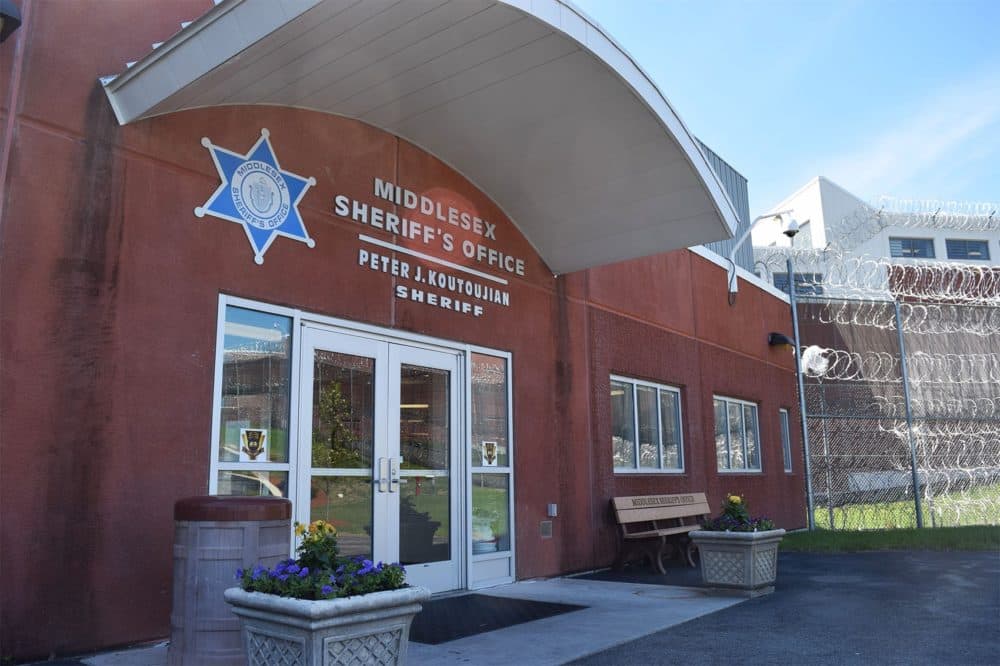
Some Massachusetts prisoners are being released because of the COVID-19 outbreak. But whether someone is released depends in large part on where they're incarcerated.
The largest number of prisoner releases will occur in Middlesex County, which has the most COVID-19 cases in the state. For the past week and a half, Middlesex County District Attorney Marian Ryan has been reviewing cases with sheriff Peter Koutoujian and defense attorneys. As of Tuesday, more than 40 prisoners who have not yet been tried have been released.
“We’re doing this in a balance," Ryan said. "You know, a collaborative, thoughtful approach that balances the public safety issues with what may be medically compromised folks with a need to not have this virus spread through the institutions if we can do that.”
Ryan is also looking at cases involving people who have been sentenced, and will consider factors such as whether a prisoner has health issues or is being held for a non violent offense.
Ryan also asked local police to make arrests only when absolutely necessary and to look for alternatives to the courts and jails during this pandemic. Last week, she said, arraignments in her courts were about one-tenth their usual number.
“The best way to do this is to be thoughtful, to be weighing all of the factors," she said. "None of us wants to see this go badly — in all of the many ways in which this could go badly."
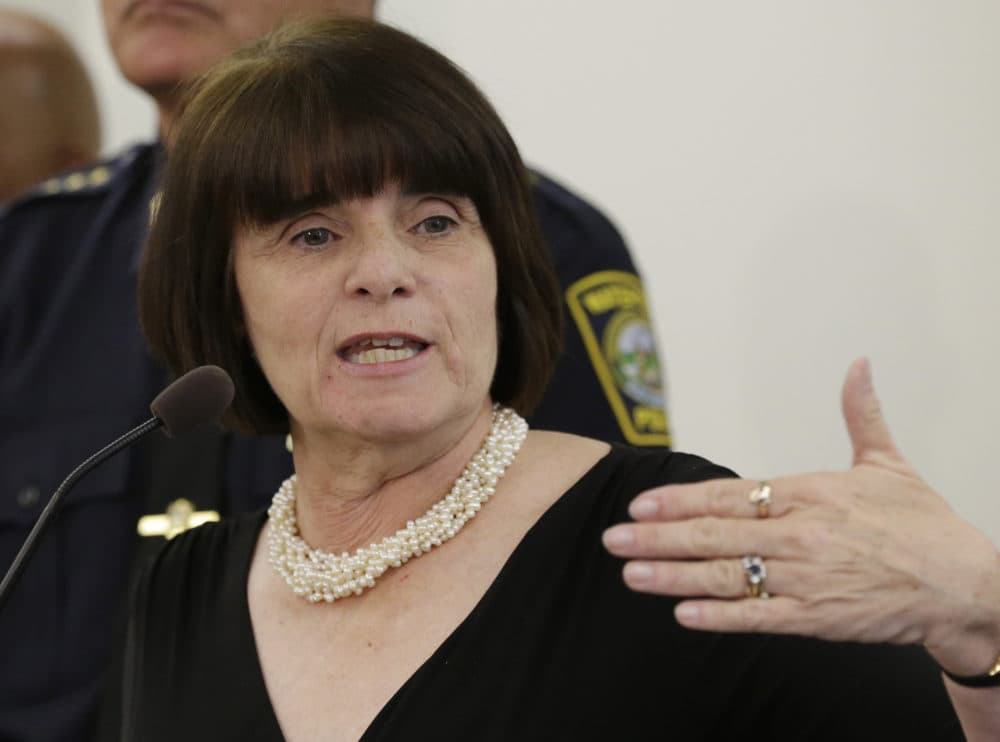
While not exactly an outlier, Ryan’s approach is not standard among all of the state’s district attorneys and 13 county jails. Many possible release cases require a court motion, but in some instances sheriffs can unilaterally decide.
Northwestern DA David Sullivan said 25% of pretrial detainees in the Franklin and Hampshire jails have been released. Last week, Suffolk County DA Rachael Rollins said her office is reviewing cases.
"We are committed to working with the criminal defense bar in identifying those individuals whose release we deem urgent and necessary for public health reasons," Rollins said in a statement.
Cases in Berkshire County are also under review and one prisoner was released as of Tuesday.
"We believe there should be an individualized review of all cases," said Berkshire County DA Andrea Harrington. "We have to balance public safety and public health."
In Essex County, the DA’s office said they are regularly meeting with Sheriff Kevin Coppinger, but there's been no discussion about additionally reviewing cases for potential release.
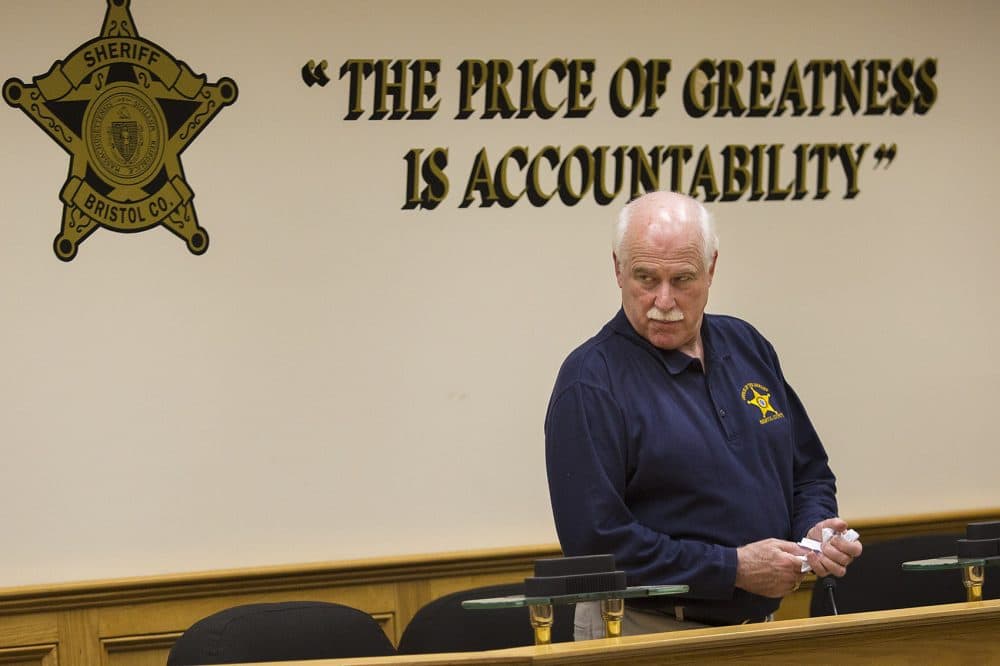
In Bristol County, Sheriff Thomas Hodgson has said he is opposed to releasing prisoners. His office said the jail has no authority to release anyone — it’s up to the courts.
That's where it landed yesterday.
The Committee for Public Counsel Services and Massachusetts Association of Criminal Defense Lawyers filed emergency petition on Tuesday asking the Massachusetts Supreme Judicial Court to order the courts to begin releasing some prisoners because of the pandemic. It asks the court to begin to immediately limit the number of people taken into custody, release people held on pretrial detention, and release people held on certain sentences or close to completing their sentences.
The suit says the court has an obligation to try to stop the spread of COVID-19 and endanger people in custody.
Committee for Public Counsel Services's Rebecca Jacobstein said other states have taken steps to reduce incarceration and Massachusetts should follow them
“This request is asking the court to take some measures to reduce the inmate population so that we can protect the public health and the health and safety of our clients, the correctional officers, the medical staff and the public at large," Jacobstein said.
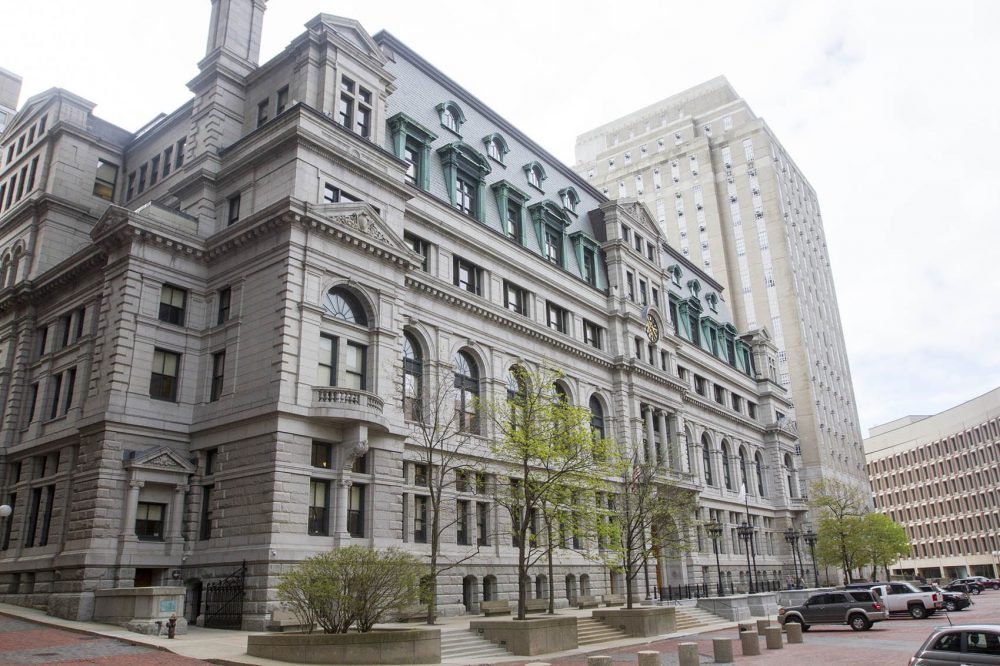
Similarly, lawmakers on Beacon Hill filed emergency legislation asking that the state start considering who can be released and expediting medical parole requests and the release of non violent offenders who are at risk of the disease.
Northampton State Rep. Lindsay Sabadosa, one of the bill’s sponsors, said the bill seeks to establish one statewide set of criteria for all prisoners because now prisoners are being released depending on where they're being held.
"It is definitely not everybody (being released)," Sabadosa said. "And that is the point of the legislation. You cant just rely on a few good sheriffs in the state — and they are out there — to start to do this. And a few good district attorneys.”
The Massachusetts Sheriffs Association and the Department of Correction said they are taking steps, such as banning most visits, following state and federal health guidelines about hygiene and trying to keep people separated. The National Guard has set up tents at some prisons to screen the temperatures of those entering.
But some correction officers and families of those incarcerated say the facilities are breeding grounds for the disease and more drastic steps are needed.
Massachusetts Prisoners Legal Services says it has heard concerns from family members of those incarcerated and correction officers. Executive Director Lizz Matos said some family members say their loved ones do not have access to soap or cleaning supplies, and they are still living, eating and bathing in close quarters.
Matos said some correction officers also complain about the lack of cleaning supplies. She also said there are seemingly no protocols for officers who are in direct contact with suspected or confirmed COVID-19 cases.
"I really hope that we start taking very aggressive measures to release people who are particularly vulnerable to this and who are at low risk," Matos said.
The DOC said there were 11 cases involving prisoners and staff — eight prisoners and two staff at the Massachusetts Treatment Center in Bridgewater, and one worker at MCI-Shirley.
An employee at the Plymouth County Sheriff's Office has also tested positive. Sheriff Joseph Mcdonald said in a statement that he is identifying those in contact with the worker and they will be isolated for two weeks.
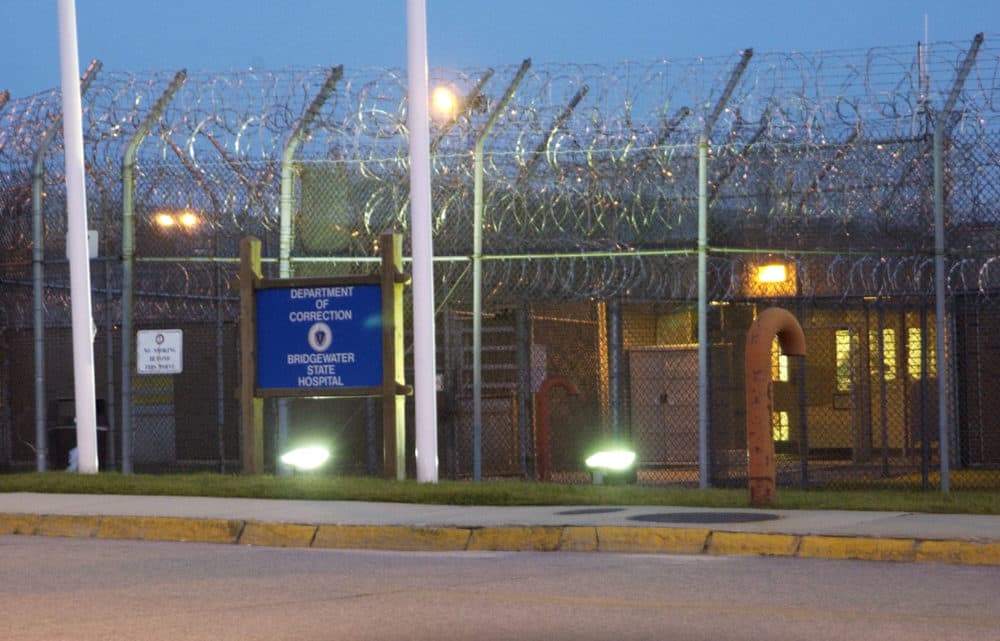
The state correction officers union said it's following public health guidelines and is advising some staff to wear personal protective equipment and stay home if they're sick.
"Just like everyone else, we're taking the necessary precautions," said Kevin Flanagan with the Massachusetts Correction Officers Federated Union, which has about 4,000 members.
Most medical care in Massachusetts correctional facilities is provided by private vendors. Wellpath, a health care provider in some state facilities, said it is preparing, focusing on identifying those with the disease and isolating them as well as devising treatment plans. The company said prisoners are restricted to their units and non-essential services have reduced.
"Wellpath is working diligently to prepare for the possible arrival of patients with COVID-19," Wellpath spokesperson Judy Lilley said in a statement. "We are following recommendations from the Centers for Disease Control and Prevention and the World Health Organization and are working closely with public health authorities."
Dr. Alysse Wurcel of Tufts Medical Center is an infectious disease consultant at six Massachusetts jails, and she said she's worried. There is not enough testing being done and while some prisoners are now quarantined because of positive tests, the disease is almost certainly spreading, she said.
Wurcel wondered how will the state will make sure there is treatment for seriously ill prisoners.
“Being in jail or prison means that your health care is mandated. That is the time you are assured health care," Wurcel said. "I’m worried that, at this point in time, we are not in a position where we can assure that will happen.”
Gov. Charlie Baker has said he's relying on public safety and public health officials on issues related to releasing those at risk of COVID-19.
This segment aired on March 25, 2020.
